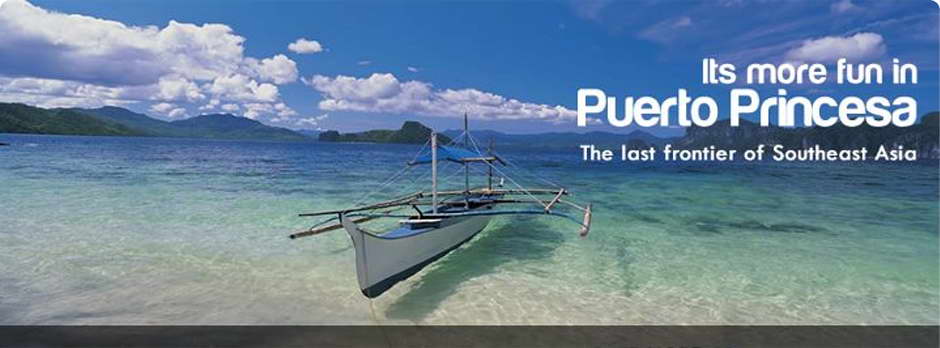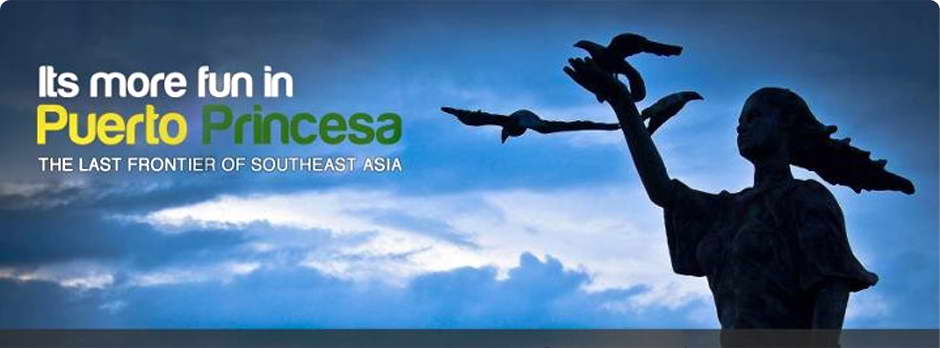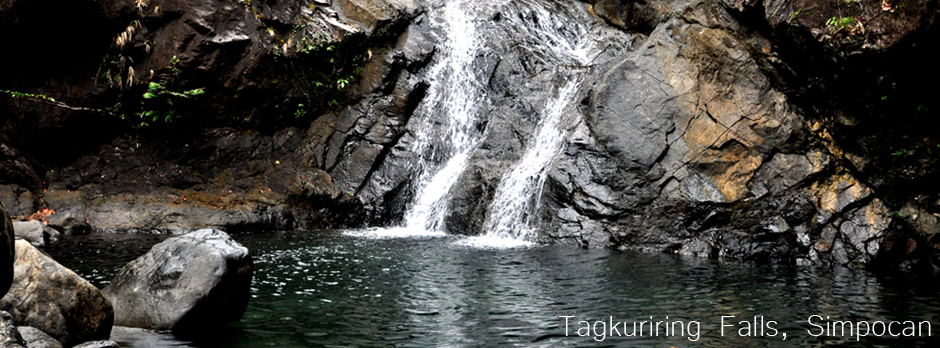CLICK HERE! For Electronic Services and Online Payment

By Lanie B. Ronquillo
The Ugong Rock in Puerto Princesa, one of the most popular vacation spots in Palawan, is also an example of a successful community-based sustainable tourism site.
In an effort to save the remaining forests in Palawan, the European Union funded a major forestry project which was launched in several areas, particularly the ones around the underground river, as community based sustainable tourism sites (CBST).
The main idea behind the CBST is to develop tourism to generate income through a sustainable use of natural resources with the organization of the local community. However, this non-traditional mode of tourism proved to be difficult to accomplish.
Foreign tourism consultants encouraged the local residents to develop the 75-foot limestone formation in Barangay Tagbinet and to build a view deck on the summit providing a 360-degree view of the forests and karst formations surrounding the Ugong Rock. However, despite the time and efforts that the members of the community exerted, only few visitors came.
Although the area is en route the underground caves of the Puerto Princesa Subterranean River National Park (PPSRNP), tour operators kept going back and forth the underground river without passing by the Ugong Rock.
Discouraged with the lack of tourists, the local community reverted to their past ways. Kaingin and illegal logging became rampant again.
Carlo Daquer, a resident of Barangay Tagbinet, used to practice kaingin in the nearby forests, “There are city sanctions [against kaingin],” he said, “but without an alternative livelihood project, it’s very difficult to prevent people from burning and cutting down the trees.”
The residents of the barangay have generally lost their interest in the CBST. However, their enthusiasm was renewed once more when the city government of Puerto Princesa, in partnership with the ABS-CBN Bantay Kalikasan Foundation and the Department of Tourism, came up to them with a plan to revive and further develop Ugong Rock as a ecotourism site.
Five years since then, Carlo Daquer no longer goes into the forest to burn trees, he now makes his livelihood with the Tagabinet Community Association which manages the Ugong Rock spelunking and zip line adventure tour.
One of the unique things about the CBST project is the integration of values formation side by side their capacity building programs. The program proponents recognize the importance of empowering the community by not merely enhancing their skills in managing and sustaining the program, but also raise their ethical standards and sense of responsibility to the environment and fellow members. Daquer said without these core values, the members of the association may find it difficult to sustain the program.
The lives of almost 50 families who are members of the Association were changed. According to Daquer, The CBST project helped them maintain and cultivate their natural surroundings and at the same time alleviated the unemployment in their area. Residents of their barangay no longer have to leave their families and land to go to the city for work. With the rise of the number of tourists in their area, they have observed the rise on the demand for food. “We saw that there is a need for balance between agriculture and tourism,” he noted. Residents can now stay in their barangay and focus on farming to provide food to sell to the visitors.
“There are still many things that we can develop to involve the other members of the community; our ultimate goal is to get everyone in our community involved,” Daquer said. (LBR-PIA4B)
Featured Articles |
USAID/SURGE Project |
































